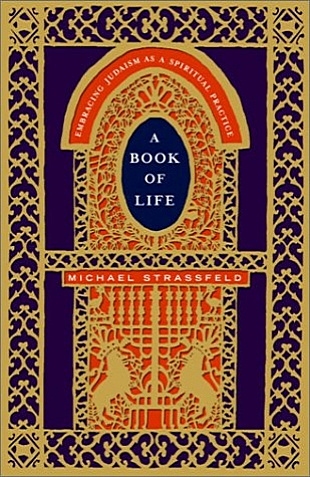Camille Adams Helminski is cofounder and codirector of the Threshold Society, an educational foundation in the Mevelvi tradition based on the teachings of Rumi. She was the first woman to translate a substantial portion of the Qur'an into English in her book The Light of Dawn, and she is the author of Women of Sufism: A Hidden Treasure, Writings and Stories of Mystic Poets, Scholars & Saints.
Helminski has selected and edited the material in this anthology of writings on character and virtue mainly in the Islamic tradition. The Prophet Muhammad was once asked what was the best thing a Muslim could be given, and he responded: "Good character." He himself is a model of making the most out of what God had provided for him. His life and mission were played out against the backdrop of turbulent times. Johann von Goethe, the German writer, believed that "character is best formed in the stormy billows of the world." Helminski states that we also develop character by practicing and realizing the virtues.
Here are some of the virtues incarnated and made prominent by Muhammad's actions: he was considered to be completely trustworthy, a leader able to forgive rather than reap revenge, a person who had great compassion for the poor and the needy, and a great believer in justice. In addition to pieces on Saint Francis of Assisi and Mother Teresa which are illustrative of the spiritual practice of compassion, Helminski shares the following story:
"Nasr ibn Muhammad reports that Junayd related that there was a sheikh in Damascus called Abu Musa al-Qumasi who was a man of Futuwwah; everyone praised him. One day, the sheikh's house collapsed on top of him and his wife. When people began to dig in the ruins, they found his wife first. 'Leave me,' she said. 'Go and try to find the sheikh and save him. He was sitting in the corner over there.' They left the woman, dug where she had pointed, and found the sheik. 'Leave me,' he said. 'Go and save my wife.' Each wanted the other to be saved. This is the state of those who are together for the sake of Allah and who are friends and brothers in the name of Allah. They are in that compassionate state at all times."
The Book of Character contains many passages from the Qur'an as well as essays and selections from the writings of Martin Luther King, Jr, Confucius, Rumi, and many others. Among the most prized virtues that made up the character of Muhammad are patience, humility, purity, clarity, gratefulness, and contentment. Our favorite chapter is "Courtesy, Chivalry, and Noble Character." Helminski notes: "One of the central Muslim virtues, so apparent in the character of the Prophet Muhammad is courtesy (adab). This quality of courtesy or 'appropriate behavior' is sometimes said to emerge from the blending of love with humility." Adab emanates from a reverence for all life and a set of spiritual practices that emphasize kindness, putting others before oneself, hospitality, graciousness, and much more. Helminski defines the virtue of chivalry as "heroic generosity" and that is a quality that seems to be in short supply these days. The Prophet Muhammad said: 'I was sent in order to perfect noble character." To this day, Muslims are paying attention and practicing the virtues which he taught in word and deed.
